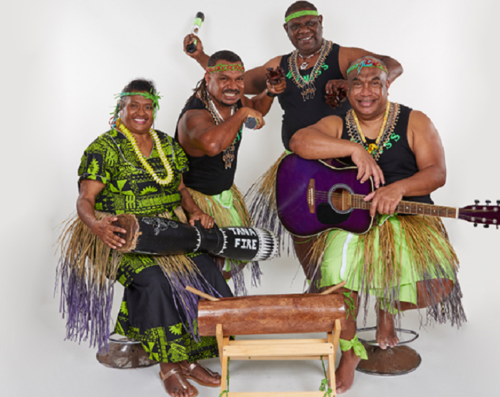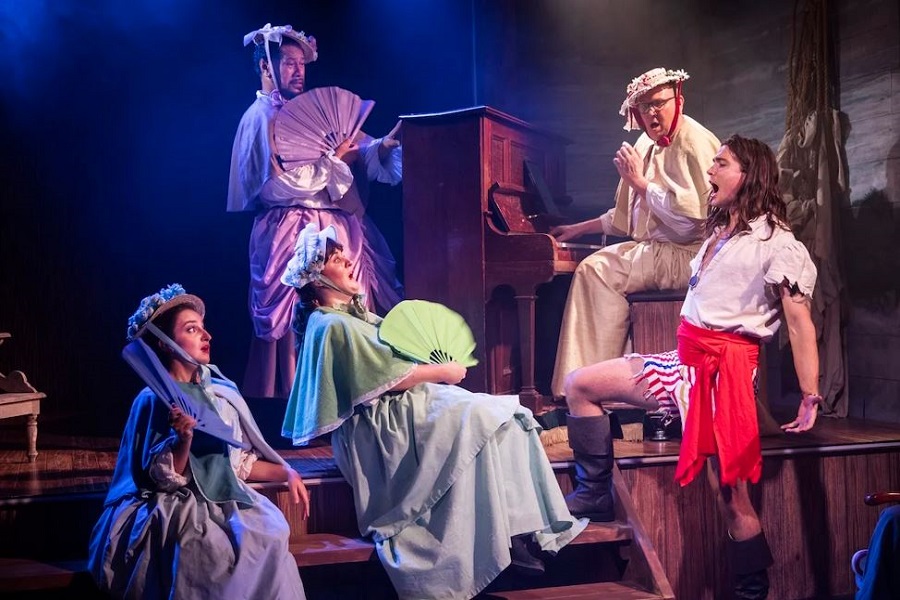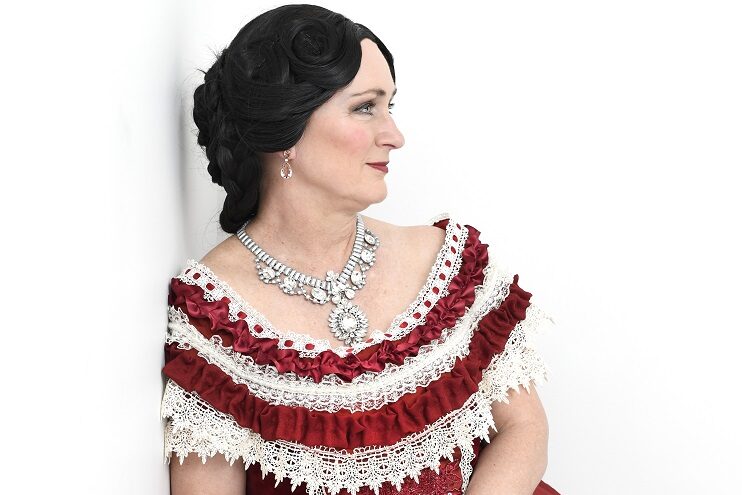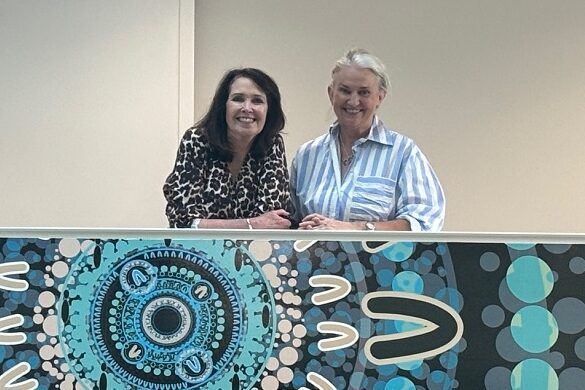
MUSICA Viva in Schools has taken its program completely online—and it’s a Canberra initiative.
To support schools during COVID-19, and beyond, and to provide employment for 60 musicians, for the next five weeks, the national music organisation is offering a full suite of online performances and teaching resources tailored to Australian primary classrooms all over the country.
It’s the brainchild of Canberra musician Michael Sollis, who is Musica Viva’s artistic director of education.
Accompanied by curriculum-aligned lesson plans and fun music activities, more than 120 interactive music performances will be streamed live to more than 20,000 children.

Sollis declares himself “awestruck” by how quickly artists, educators and Musica Viva worked together to create the series, which followed a fast-paced trial and development period.
“In particular, the way that we have been able to work closely with musicians has been in contrast to what many freelancers have experienced recently – the way it has been developed has really broken down the traditional boundaries between artists and arts organisations,” he says.
Believing that education across the country is facing serious challenges, he argues that the program allows students, teachers and families to stay connected, regardless of where they are.
“Together, we have developed online performances that are part Play School, part talk-back radio and part-workshop, where every student has a front-row interactive experience,” he says.
Supported by an emergency grant from Wesfarmers Arts, each package offers a term’s worth of online activities, culminating in a 60-minute interactive performance by one of 15 ensembles.

It is Sollis’s proud boast that ACT artists have been central to this project, with three of the 15 programs featuring ACT-region artists, including harpist Alice Giles, old-timey trio Dr Stovepipe, and Majors Creek cellist Rachel Johnston, mentored by Canberrans Ginger Gorman and Ruth O’Brien.
During the trials, Sollis says students in multiple locations have worked together to make string-game dances inspired by Torres Strait ensemble Wyniss.
In another initiative, students looked at the environment through “Adventures in Antarctica”, with activities inspired by Giles’ 2011 expedition trip as an Australian Antarctic Arts Fellow to Davis and Mawson Stations, where she got to play her harp in the snow and ice.
The program also offers “Music Teaching for the Primary Classroom”, as well as free music adventure e-books and digital “Musicassentials” tools.
Created specifically for remote learning, the project has so far seen more than 300 teachers participating in professional development webinars, with more to follow.
“The arts can be sanctuaries that allow space for personal reflection whilst promoting cohesion,” Sollis says. “Few other activities possess this dual ability, which is why the arts are so uniquely relevant during this time of disruption.”
For details and to watch a performance excerpt, visit musicaviva.com.au/education
Who can be trusted?
In a world of spin and confusion, there’s never been a more important time to support independent journalism in Canberra.
If you trust our work online and want to enforce the power of independent voices, I invite you to make a small contribution.
Every dollar of support is invested back into our journalism to help keep citynews.com.au strong and free.
Thank you,
Ian Meikle, editor








Leave a Reply